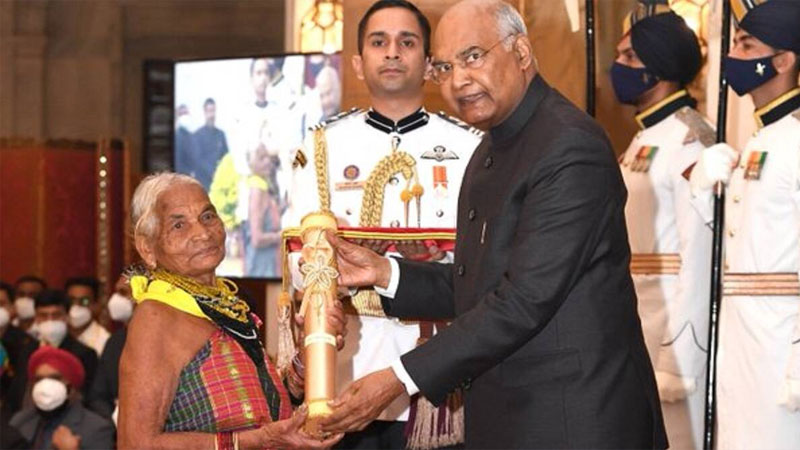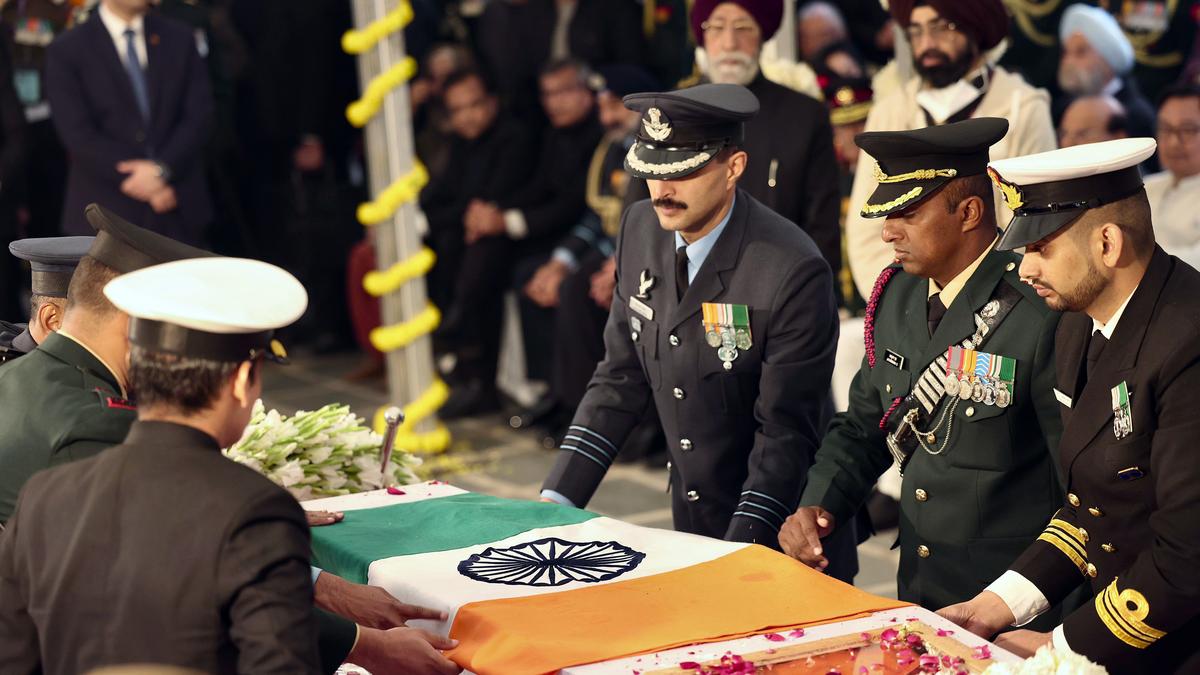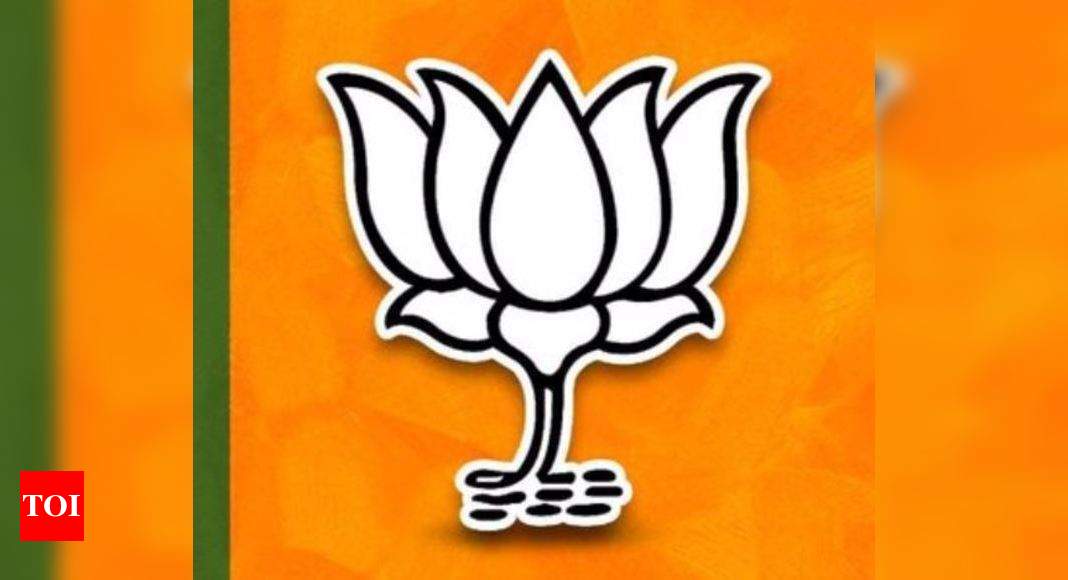
‘No’ to honour: “I know nothing about this award. No one has told me anything about it,” Buddhadeb Bhattacharjee said in a statement, rejecting the Padma Bhushan.
News in Brief
Under Narendra Modi's government, the Padma Awards have undergone significant changes since 2014, earning the title "People's Padma." The process has been democratized with the introduction of an online nomination system, allowing any citizen to nominate individuals, increasing public participation from 2,200 nominations in 2014 to over 46,000 by 2020. The focus has shifted from celebrities to unsung heroes who have made significant contributions to society, particularly from grassroots levels. Inclusivity has been a key theme, with recognition given to individuals from diverse fields, minorities, and underrepresented communities. While the process has become more transparent and merit-based, critics argue that political bias still lingers. Overall, the transformation reflects a broader effort to make national honors more inclusive, transparent, and reflective of India's diverse society, encouraging a wider range of citizens to aspire to these honors.
New Delhi: Since Narendra Modi's government assumed power in 2014, the selection process for the Padma Awards has undergone a significant transformation, earning the moniker "People's Padma." This shift reflects a broader initiative to make national honors more inclusive, transparent, and reflective of grassroots contributions rather than being confined to the elite or politically connected.
Transparency and Public Participation:
One of the pivotal changes was the introduction of an online nomination system. Previously, nominations were largely restricted to government officials, ministers, and a select group of influential individuals. Now, any Indian citizen can nominate someone, including themselves, through an online portal. This democratization of the process was emphasized by PM Modi in his 'Mann Ki Baat' addresses, where he highlighted how the awards now go to those "who do not live in big cities and are not visible in newspapers and TV." This move has significantly increased the number of nominations; for instance, from 2,200 in 2014 to over 46,000 by 2020, showcasing a marked increase in public engagement.
Focus on Merit and Grassroots:
The Modi government has shifted the criteria from recognizing well-known personalities to celebrating unsung heroes. The awards are now given for "distinguished service" across various fields, focusing on lifetime achievements rather than short-term celebrity. The emphasis is on individuals who have made significant contributions to society, often without expecting any recognition. Notable examples include Tulsi Gowda, known as the "Encyclopedia of Forests" for her environmental work, and Karimul Haque, dubbed "Ambulance Dada" for his service in rural healthcare. These selections underscore the government's intent to honor those whose work embodies true public service at the grassroots level.
Inclusivity and Diversity:
The Padma Awards under the Modi administration have also aimed at inclusivity, recognizing achievements from all sections of society, including minorities, women, and those from remote areas. The awards have celebrated diverse fields from traditional arts to social reform, ensuring a broader spectrum of human endeavor is acknowledged. This inclusivity is evident in choices like recognizing a transgender folk artist, Manjamma Jogati, or honoring grassroots activists like Krishnammal Jagannathan, who has worked tirelessly for the upliftment of the landless poor.
Political Neutrality:
While political undertones in selections have not been entirely eradicated, there has been an effort to make the awards less about political affiliations and more about merit. The selection committee, constituted by the Prime Minister, includes a mix of government officials and distinguished personalities from various fields, aiming to maintain a balance. However, some critics argue that there's still a slight tilt towards those who align with the government's political ideology, though this is less pronounced than before.
Public Perception and Impact:
The transformation has been well-received by many, who see it as a step towards acknowledging India's vast, varied talent pool. The term "People's Padma" resonates with the public, as it suggests a departure from elitism to a more democratic honor system. It has also inspired a new generation of Indians to aspire to this recognition, knowing that their work, no matter how humble or unnoticed, can be celebrated nationally.
Challenges and Criticisms:
Despite these changes, challenges remain. Critics point out that while transparency has improved, the selection process could be further refined to ensure even greater impartiality. There's also the ongoing challenge of ensuring that nominations from less connected or underrepresented areas are adequately considered.
In summary, the transformation of the Padma Awards under the Modi government since 2014 signifies a commendable attempt to democratize one of India's highest civilian honors. By focusing on merit, inclusivity, and public participation, the awards have become a true reflection of India's diverse society, celebrating those who contribute to the nation's fabric at every level. This overhaul not only honors the awardees but also inspires countless others by recognizing that service to society is the true measure of greatness.
Advertise with US
Advertise with US


